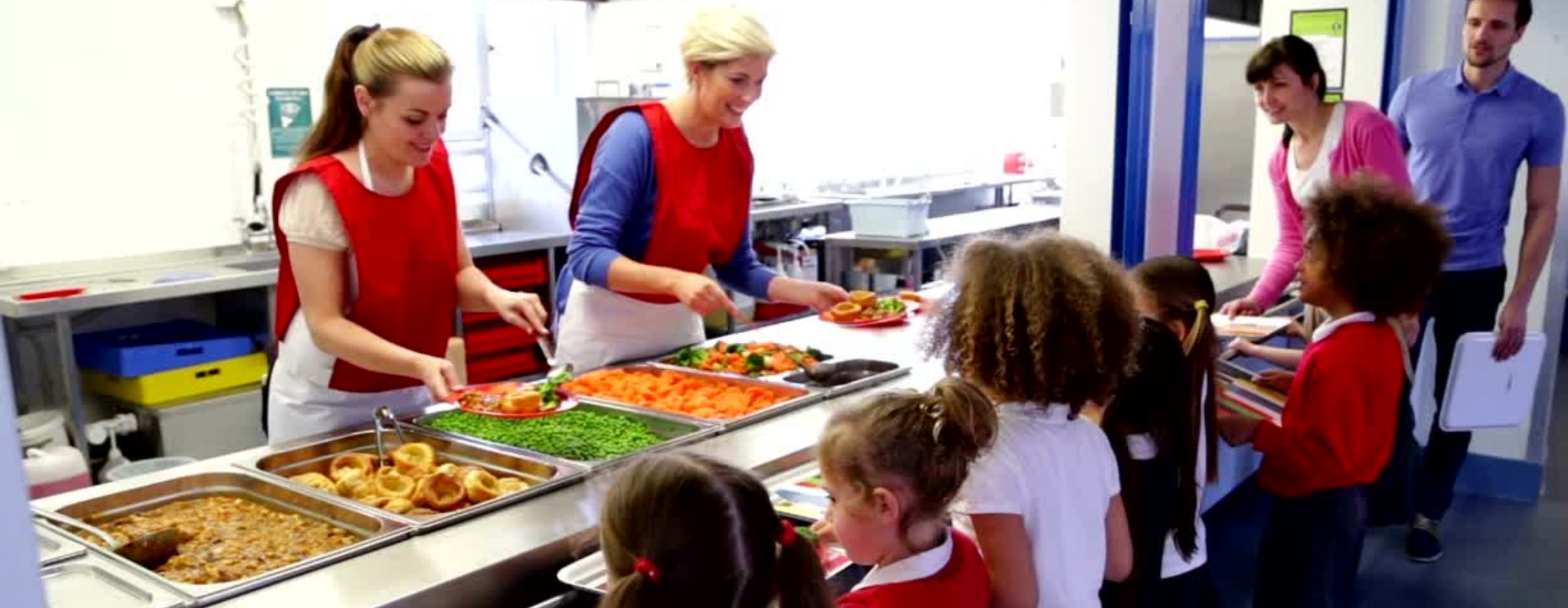The Need For Free or Reduced School Lunches Increases After Pandemic

Story by Natalie Sopyla via waow.com.
Area school districts say having a free universal lunch program during the Covid pandemic was a lifesaver.
But that program ended in June, and now school officials say they’re getting a firsthand look at the extend of the need for free or reduced school lunches.
Many Wisconsin Students are left with their only option being that reduced price lunch program, which has limits for eligibility.
Wisconsin Public Radio reports some school districts are seeing students skip lunch because they can’t afford it, and one area pediatrician says that can harm students’ learning.
“If you don’t have a nutritious body, you are more vulnerable to viral illnesses and different chronic conditions, and that can increase your chances of being out sick and missing school,” said Dr. Sonal Chandratre, a pediatric endocrinologist with Aspirus.

She says skipping meals doesn’t always equate to weight loss either.
“The child is going to be hungry and as soon as he or she comes back home, they’re going to grab a bag of chips or whatever is readily available and not always the healthiest choice,” she said.
There has been no successful effort to bring back the universal lunch program. For their part, districts are working to bridge the gap by offering programs like free breakfasts, Blessings in a Backpack, school pantries and more.
“School is a primary source of food for some students and we want to make sure that they have access to food not just during the school day,” said Sarah O’Donnell, spokesperson for the Stevens Point School District.
If you don’t meet the requirements for free or reduced lunches, there are still ways you can make sure your child gets what they need.
Dr. Chandratre says make sure you’re including important food groups like fruits, veggies, protein, grains, and dairy.
Then find cheap workarounds, like using frozen vegetables instead of fresh, or substituting beans or nuts for meat.
Dr. Chandtratre says there are also some pre-packaged options that work; just make sure you read the nutrition facts to make sure there’s not too much added salt or sugar.
